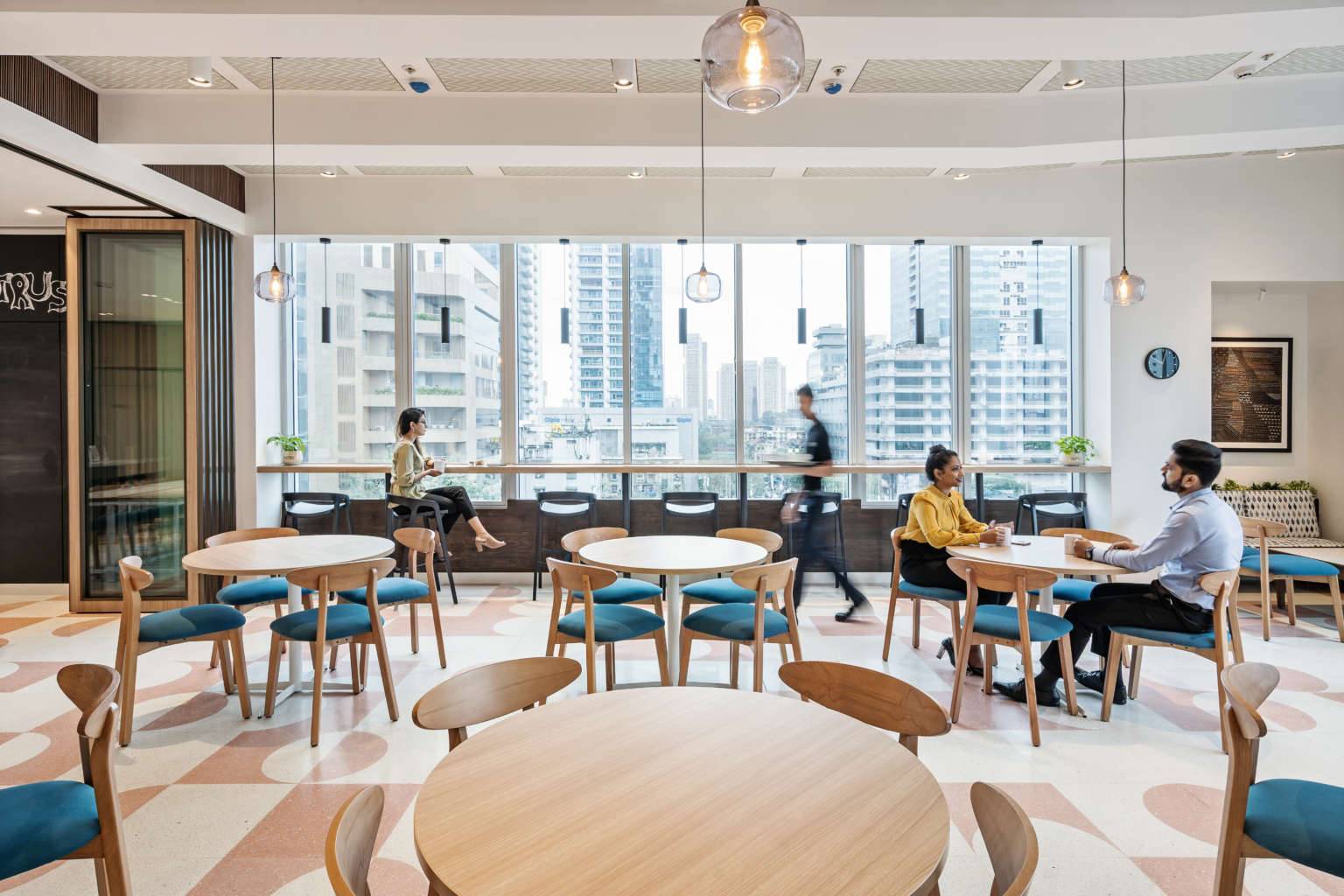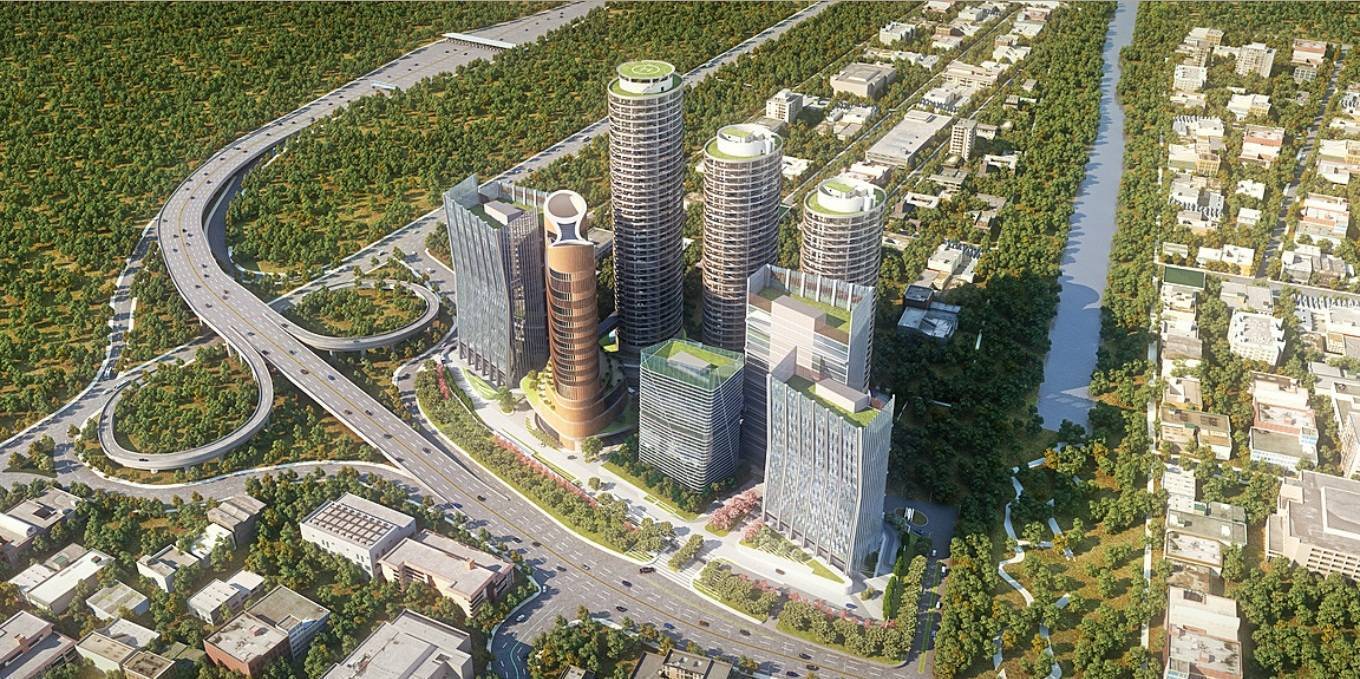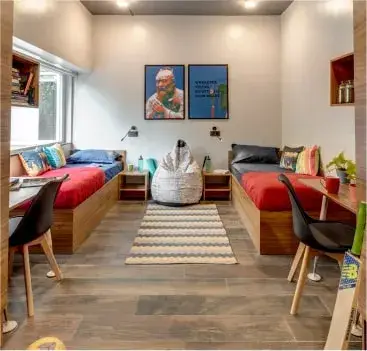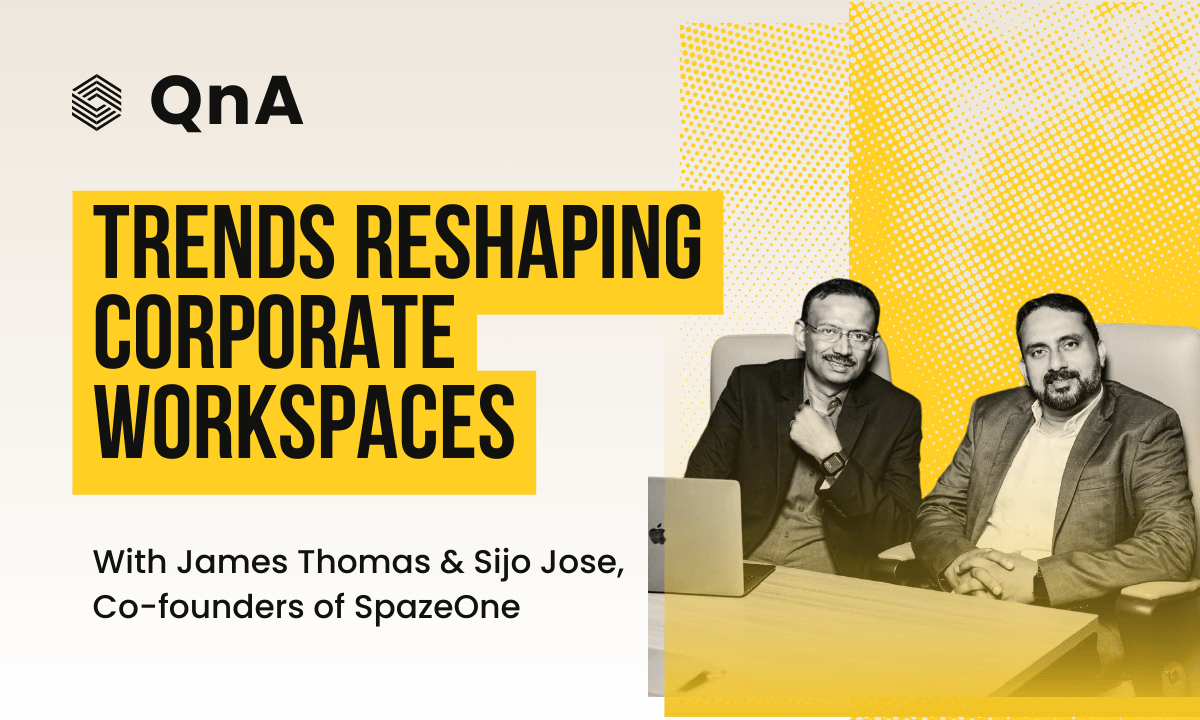Over the past few years, we’ve witnessed a fundamental shift in the way we work. Remote and hybrid models, once seen as temporary solutions during the pandemic, have now solidified into long-term workplace strategies. Amidst this evolution, shared office spaces—or coworking environments—have emerged not just as flexible alternatives, but as thriving ecosystems for professionals across industries. However, with flexibility becoming the norm, the real challenge today isn’t just attracting members to shared offices—it’s keeping them engaged, inspired, and coming back for more.
The New Purpose of Shared Spaces
The role of shared offices has moved beyond providing a desk and Wi-Fi. Today, these spaces are expected to offer a sense of community, purpose, and productivity that remote work at home often lacks. Professionals are seeking intentional environments—places that combine functionality with an enriching experience. At Dextrus, we often say that the future of shared offices lies in becoming "intentional destinations." That means designing spaces that people want to commute to—not out of compulsion, but because it adds value to their day.
Beyond the Desk: Designing for the Human Experience
To keep people engaged, shared offices must evolve from being just functional to being emotionally resonant. We’ve found that spatial design plays a massive role in this. Natural light, flexible breakout zones, acoustic privacy, greenery, and ergonomic furniture aren’t just aesthetic features—they shape mood, productivity, and satisfaction.
But good design also communicates values. It offers zones for both deep focus and vibrant collaboration, ensuring people feel acknowledged, supported, and part of something larger than themselves.
Engagement Through Community Programming
Shared workspaces thrive on interaction. One of the biggest reasons professionals choose to work out of shared offices is the opportunity to network, learn, and collaborate with like-minded individuals. Curated community programming—whether it’s expert talks, wellness sessions, industry mixers, or member-led showcases—creates a sense of belonging.
It’s not about hosting events for the sake of it. It’s about fostering meaningful connections, both personal and professional. At Dextrus, for example, we’ve seen how something as simple as a communal breakfast or a mid-week open mic can energize the space and create stickiness.
Personalisation is the Next Frontier
In an age of custom everything—playlists, newsfeeds, coffee orders—why should workspaces be any different? The future of shared offices lies in offering hyper-personalised experiences. This doesn’t mean creating bespoke offices for every individual, but using data and feedback loops to understand user behaviour and tailor offerings accordingly.
Is a team more focused on quiet work or collaborative sessions? Do they prefer early morning starts or late-night hours? What tools do they need access to? Can we integrate seamless tech solutions for bookings, preferences, and support? The more we can anticipate needs, the more relevant we remain.
Reimagining the Role of Office Staff
As automation and self-service tools become more prevalent, the human touch becomes even more important. Front desk teams, community managers, and on-ground support are no longer just administrative staff—they’re brand ambassadors, experience curators, and engagement leaders. Training them to understand and anticipate member needs, foster relationships, and offer personalised support can dramatically elevate the experience.
Sustainability and Purpose: The Silent Drivers
Professionals today, especially millennials and Gen Z, care deeply about the values of the brands they associate with. Coworking spaces that prioritise sustainability, inclusivity, and ethical practices are naturally more attractive. From using sustainable materials and reducing energy consumption to supporting local businesses and championing mental health—every initiative speaks volumes.
Shared offices have a unique opportunity here. We can become platforms for purpose-led initiatives that resonate with our communities—whether it's through zero-waste goals, inclusive hiring, or mental wellness collaborations.
The Future is Hybrid—and Human
As we look ahead, one thing is clear: the workspace of the future is not one-size-fits-all. It's hybrid, it's fluid, and it’s deeply human. The most successful shared offices will be those that adapt to evolving professional behaviours while staying rooted in human connection.
Our job isn’t just to provide a place to work—it’s to create environments where people can do their best work, feel a sense of purpose, and thrive alongside others. And that, more than any trend, is what will keep them coming back.
Authored By;

Robin Chhabra, Founder and CEO of Dextrus. With a background in architecture and a passion for design, He brings a future-forward perspective to workspaces—where functionality meets well-being, and community fuels creativity. Under his leadership, Dextrus has emerged as a hub for modern professionals who seek meaningful, flexible, and inspiring work environments.









.png)